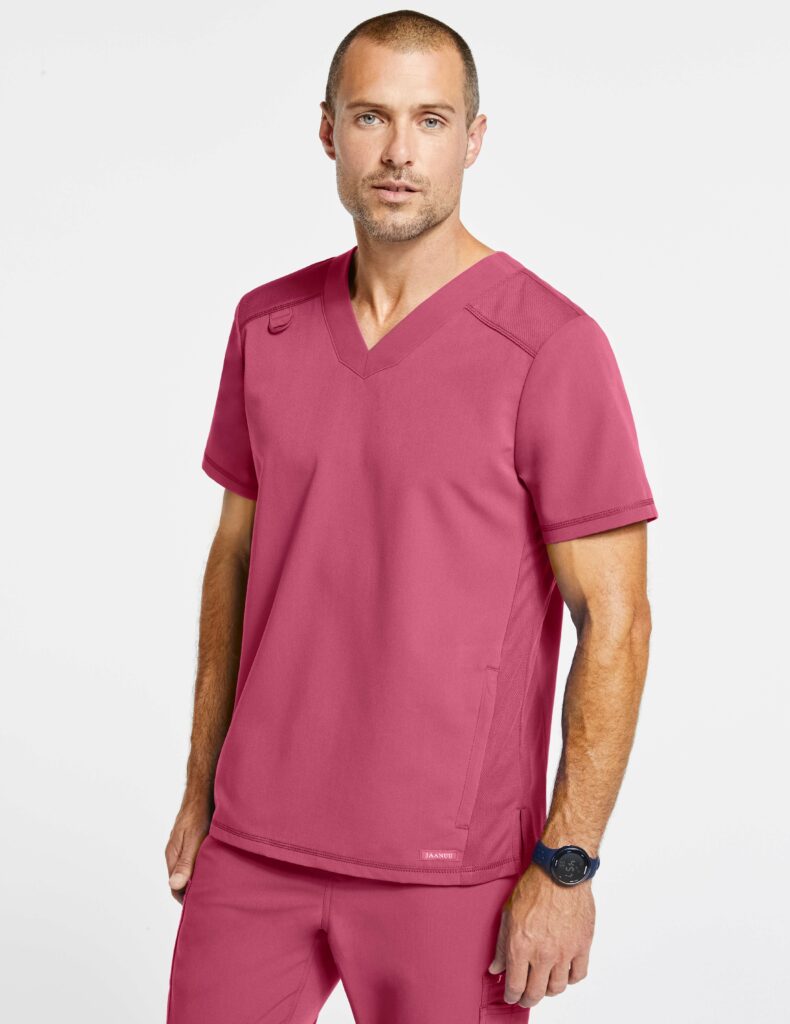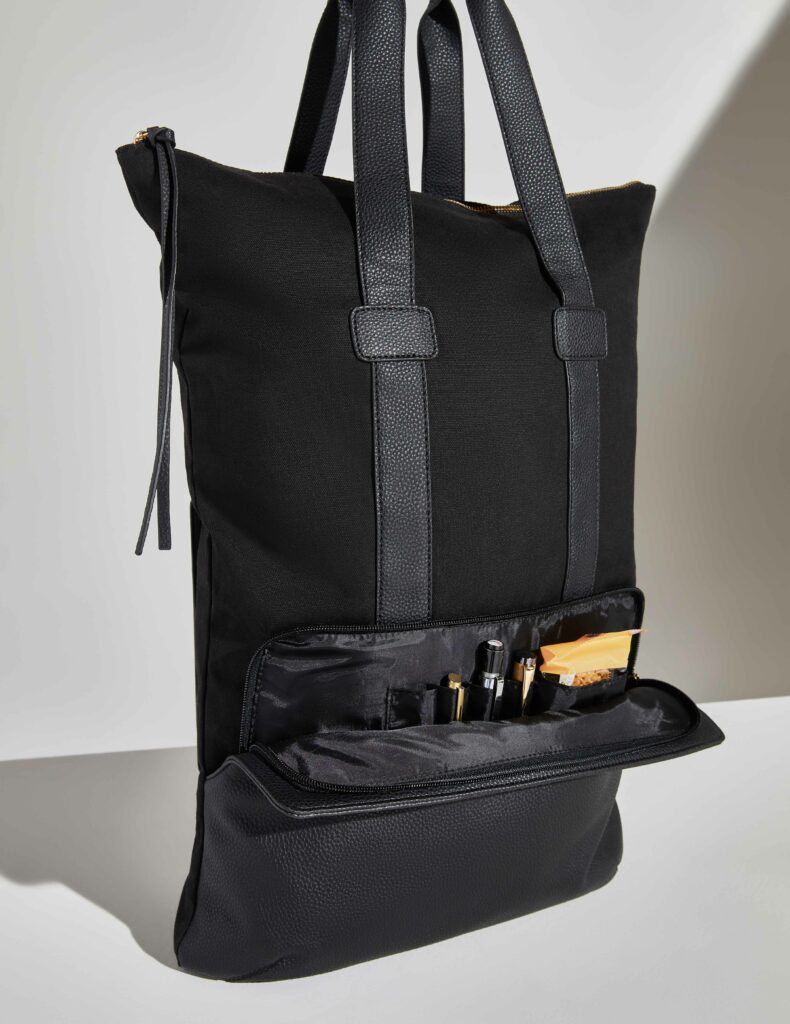
Requirements for Medical School: Everything You Need to Know
If you’re preparing to enroll in med school, you’re most likely spending your days and nights studying tough stuff like genetics and organic chemistry. We know the Medical College Admission Test (MCAT) can be hard. But your grades aren’t the only important factor and requirement for getting into a medical school. As you prepare your application, it’s important to also keep a few extracurricular pursuits and administrative tasks in mind.
A piece of information worth noting is that every medical school has a different application process, but most of them share some common ground when it comes to key requirements. These requirements include academic, extracurricular, and more technical ones (like application materials and MCAT scores).
If medical school is right around the corner, grab your pen and pad because we’re here to help make a checklist of everything you need to cover before your first day. And even if you’re still a few years away from applying to a school of medicine, it’s never too early to start preparing. Here we go!
Requirements for medical school admission
Medical school admissions requirements can be broken down into different categories, so let’s take the checklist one step at a time, addressing each type of requisite separately:
Education and course requirements
Many aspiring doctors and other healthcare professionals opt for a pre-med program during their undergrad. This helps them meet the minimum requirements for medical school classes. Pre-med programs cover the courses that medical schools consider mandatory. These are biology, physics, chemistry, math, and English. Additional courses include psychology, biochemistry, and anatomy. So, if you opt for a major outside of a pre-med course, be sure to hit these key subjects.
Extracurriculars
Extracurriculars can help you stand out among other students filling out the application. These activities not only show why you’re a unique candidate but also highlight your dedication to learning more and improving yourself and your community outside of school. Here are a few activities you should include in your med school routine (and show off on your applications):
- Clinical experience: Gain exposure in a healthcare environment by shadowing a doctor or getting certified as an emergency medical technician (EMT) and performing emergency patient care. This can help you have a better idea of what your career ahead will entail.
- Research experience: Team up with a professor in your undergraduate program to help on a research project, and captivate med school admissions committees’ attention with your dedication to science.
- Volunteer experience: Support your community, and get experience honing your empathetic bedside manner by working with people in need. Look for opportunities in an organization within the field of medicine or science to gain even more pertinent experience.
Requirements for medical school application

Once you’ve met all the requirements and suggestions for academic and extracurricular activities, you’re close to the finish line. But med school applications will have some requirements of their own. Here are a few common ones:
- Letters of recommendation: Many applications will ask for three letters of recommendation, with at least one from a medical doctor. Reach out to professors and mentors with whom you’ve worked well to write one for you.
- Personal statement: This essay gives you the opportunity to show medical school application boards who you are as a professional, what your interpersonal skills are, and what sets you apart from other candidates.
- Primary application: Many med schools use a centralized application system known as the American Medical College Application Service (AMCAS) from the Association of American Medical Colleges (AAMC). This means you’ll be able to use your AMCAS application for a variety of schools.
- Secondary application: These applications are specific to each school and allow candidates to paint a better picture of who they are.
- Interviews: Schools that demonstrate an interest in specific candidates invite them for an interview to get to know them and their competencies better. Be sure to have honest and unique answers prepared before you head into an interview, and deeply research what’s special about each school you’re applying to so you can reference this information.
- Grade point average (GPA) requirements: What’s one of the most important medical school requirements? GPA! Most medical schools won’t accept a GPA of less than 3.0. The average score for science courses is 3.66, with a total score of 3.73.
- MCAT scores: The Medical College Administration Test—a computer-based, standardized exam—is a requirement for most schools. Some schools may list MCAT requirement scores, but generally, a good score is above the average of all other test takers’ scores in that year.
- Financial aid forms: Medical students who plan to apply for financial assistance must fill out institution-specific financial aid forms and/or the Free Application for Financial Student Aid (FAFSA). If you plan to apply for these scholarships and tuition reductions, be sure to make time for these applications.
FAQs

Why are prerequisite courses important for your medical education?
Neither is medical school an easy pursuit nor is being a doctor. So these medical school prerequisites are intended to ensure that applicants are ready for the challenge. You’ll be more comfortable as a medical school student knowing you’re well-prepared for the road ahead.
Why are GPAs so important?
A GPA is important for the medical school admissions process because it’s competitive. Having a high GPA can help you stand out from the crowd.
Consider your timing
If you’re sure of where you’d like to attend med school, why not apply early? You’ll gain a competitive edge while other premedical students are still narrowing down their list of schools. Just be sure to stay up on application dates so you can plan your coursework, prepare for exams and anticipate your MCAT test date with plenty of time.
As you start your journey to med school, remember that we’re always rooting for you and here to support you with our student discount. We respect and admire your hustle and will continue to work hard to provide high-quality performance scrubs that’ll support you even on your toughest days at the library or on shift.